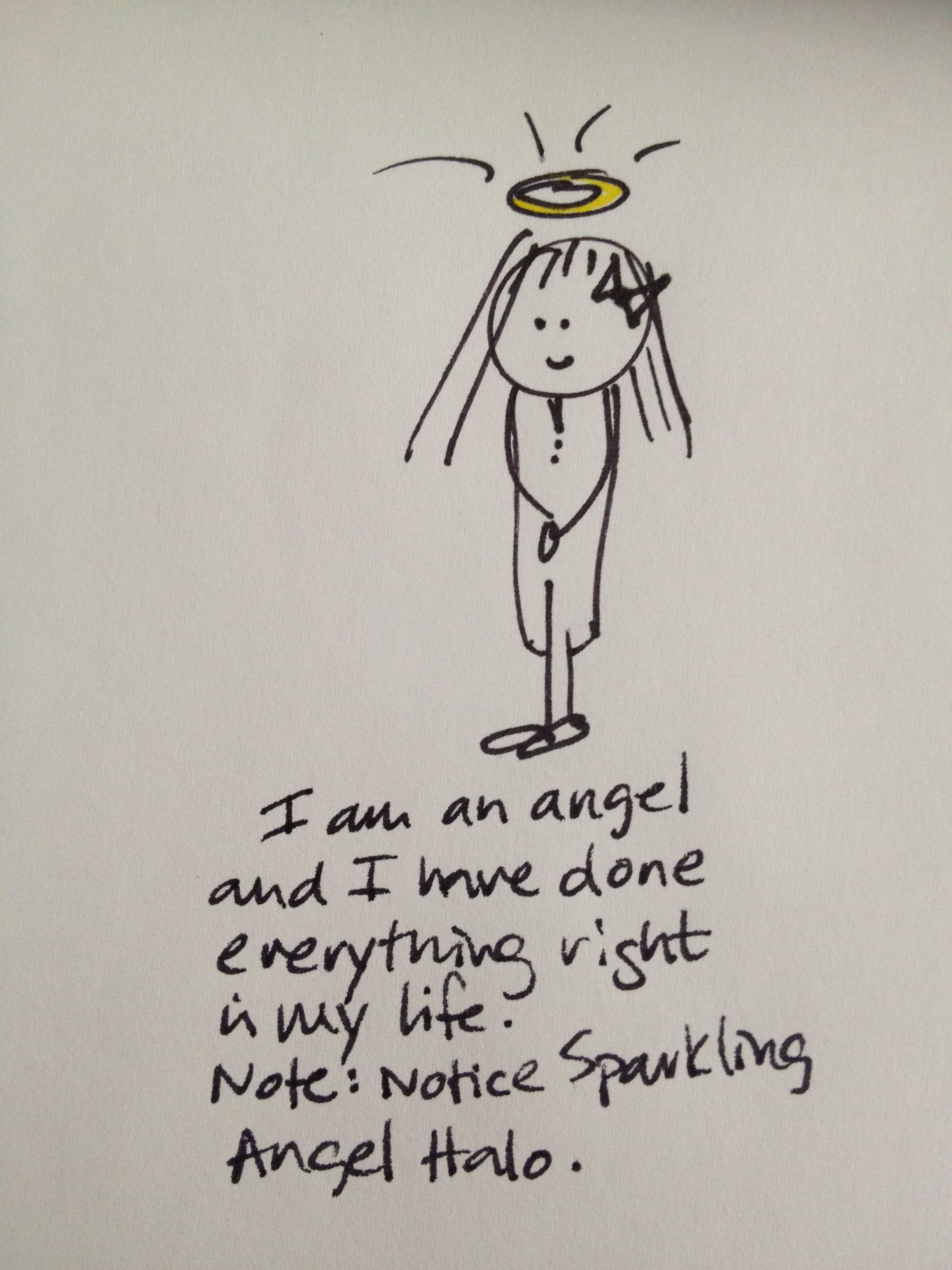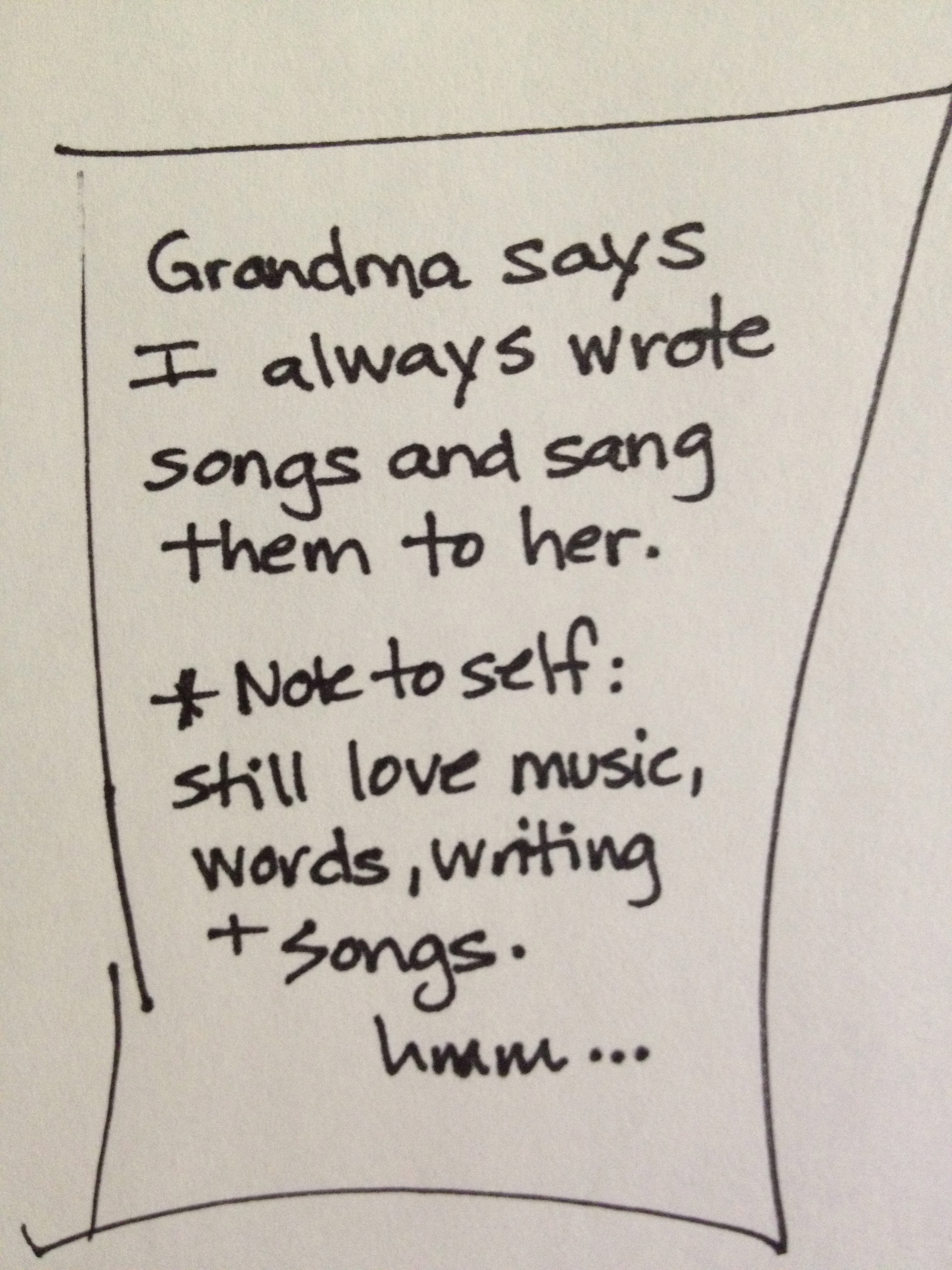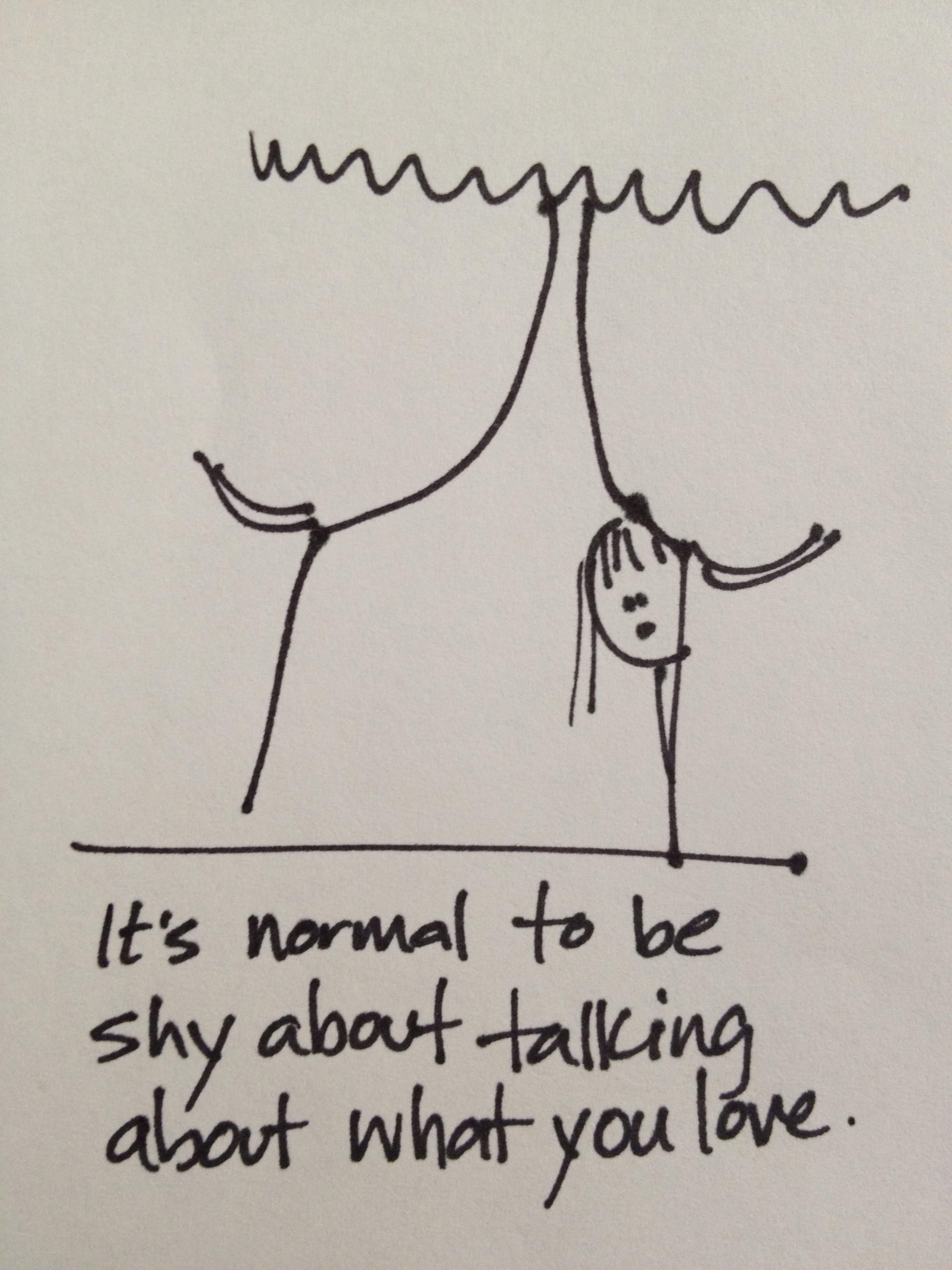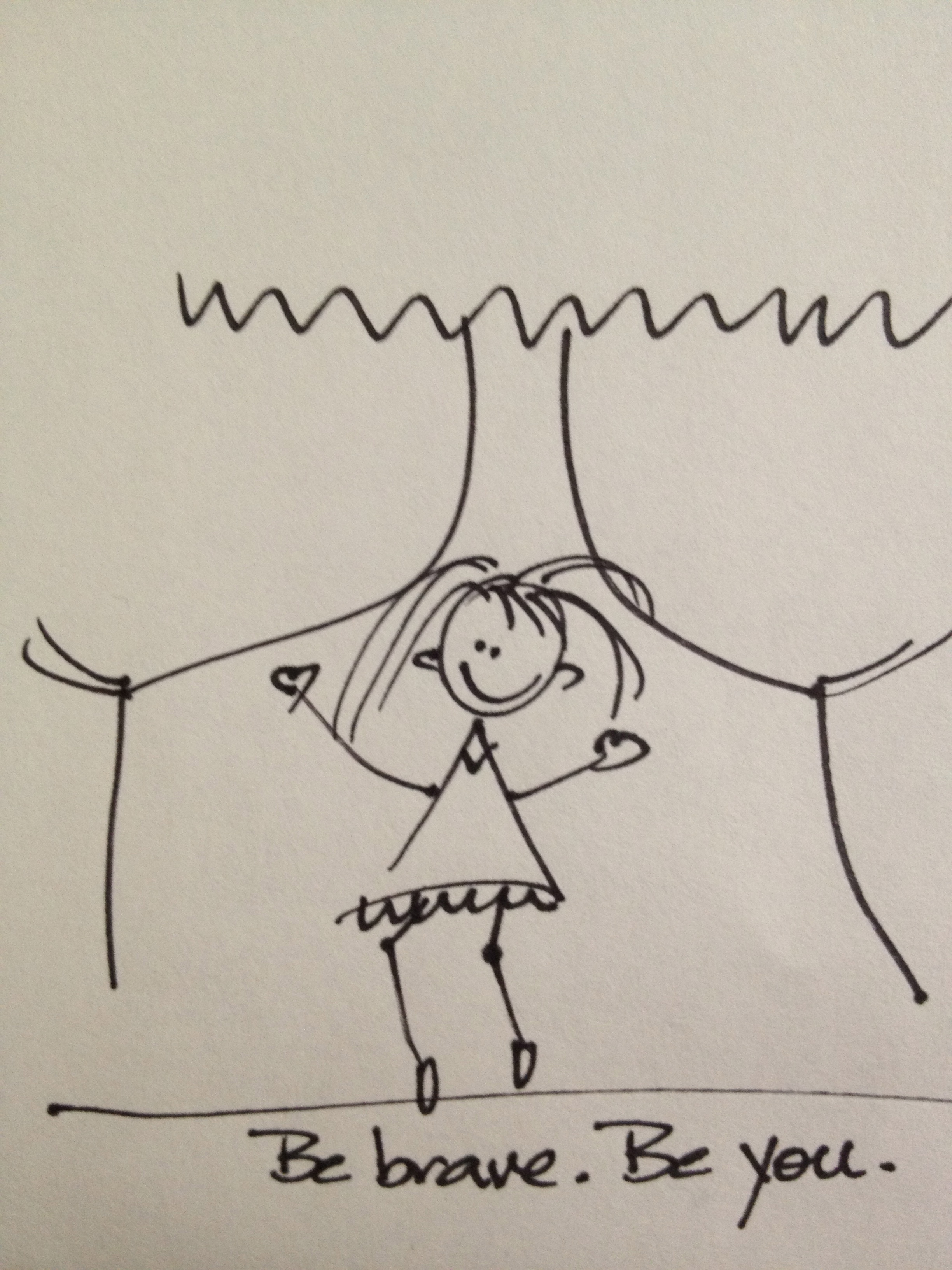Dear High School Seniors,
Unfortunately, family tensions often run high when it's college admissions' time. Phrases such as, "I don't need you. You're wrecking my life!" and "You can't go anywhere until your personal statement for the common app is done!" happen simultaneously as doors slam.

This is when my phone rings. I love to write, especially first-person essays, which means I'm the go-to person when my friends and their high school seniors are not speaking.
I'd like to share with you my secrets on how to write a personal statement for college applications.
1)Write the "perfect angel" essay first. This is the essay about the person you think you should be, the person you think your parents want you to be, and the person you think the mysterious "college admissions officer" wants you to be. This person is incredible and unbelievable. Basically, this essay says, "I am ever so pleased with myself, and here's how..." Make this essay so extreme that when read out loud, it sounds laughable, nauseating or both.
Have fun writing your "perfect angel" essay. It can cure writer's block. We all have the imagined "perfect angel" within us, and it's better to know who this imagined person is so that we don't confuse the perfect angel with who we actually are -- which, by the way, is much more interesting. Once you've finished your "perfect angel" essay, set it aside, take a break -- dance, listen to music, go for a run-- and then start again.

2) Begin by conducting interviews. Take paper with you, and interview people who have known you for a long time. Ask them about you. Ask them how they remember you as a child. What did you love? What did you do? What did you do all the time? Ask them where they saw you shining then and where they see you shining now. Take notes and if something sounds like you, put a star by it.

Interview yourself. What would you stay up after midnight doing? Reading about? Learning about? Ask yourself the secret question: Secretly, I'd really love to ______. Ask yourself the jealous question: If I had to admit it, I'm jealous of _____ because he/ she does or has _______. Jealousy feels rotten, but is often a great signpost for what we want. Ask yourself whom you admire and why.
When you finish, go back through your notes and put stars next to answers that energize you.
3) Be true to you. This is your compass. It's the only compass you need in the process, and for that matter, for life. When you select topics and examples to write about, find stories that give you energy. Go through your starred items from your interviews. Look for the forest through the trees, the parts of you that are so you that you could overlook them. My great grandmother always said, "If it were a snake, it would have bitten you." Imagine a fish trying to see that it swims in water. These are the parts of who you are, what you love, what you do, what you care about that are so intrinsic to you, that you could miss writing about them because it would feel like describing having skin.
A friend of mine's son froze every time he sat down to write his college essays. Before his mother and he destroyed each other, I agreed to meet with him. I knew that in the summer he loved making bike ramps and riding his old kid-bike off the ramp into a lake. His obsession was seeing if he could get the right angle on the ramp so he could ride his kid-bike into the air, do a backflip and land in the water. He made numerous trips to the hardware store purchasing supplies to tweak the arc of the ramp.
"Write about the bike ramp," I suggested.
"I can't write about that," he said. "No one wants to hear about that."

"I do," I said. "You were obsessed with it."
"We did finally get it so we could do flips," he said.
Imagine you're talking to an interested new friend who truly wants to know about the secret, passionate, not like anyone else you. Look for details that describe and capture what you care about. Specific details and examples fill in the picture of who you are. Some of high school is about fitting in. The college essay is where you get to strut your stuff and show where you don't fit in, where you are unique, odd, passionate and even obsessed. This essay, unlike the perfect angel essay, says at its core, "I like me, I like me, I like me."
4) Rewrite and rewrite and rewrite. Read your essay out loud to yourself and then read it out loud to a few people who know you well. Ask them where it sounds like you. Circle the sentences that are working. Keep those, and then add more details and more examples. Rewriting is tough, but you are worth the time.
It is my belief that the best gift we are given in our lives is who we are deep within ourselves. The uniqueness of each person is sacred. The more you discover what your particular quirks are, your fingerprint, your voice, and your "it's cool that I'm this person" perspective, the more you are listening to your inner calling. I believe we are each called and have something special to offer, and our health and joy and the health and joy of the world depend on it.

5) One last thing: Keep control of the keyboard. It's important to find and use your own words. Your 18-year-old perspective is perfect. You're not supposed to sound like you're 50. Trust your curiosity, your ability to wonder and your willingness to not know everything. Stay true to you.
Writing college essays is a time of self-exploration. When you commit to the process, you will gain a deeper sense of who you are. This is a gift. A side benefit is that you will have stronger application essays. Regardless of what happens with colleges, you will know yourself better and have the opportunity to more clearly pursue what you love.
Persevere. You're worth it.
Kathleen
Kathleen Buckstaff's humor/inspirational columns have appeared in the Los Angeles Times, The Arizona Republicand The San Francisco Chronicle. Kathleen's memoir The Tiffany Box was released in May of 2013 and chronicles the story of her becoming a mother to her children and then a mother to her own mom through emails, letters, diary entries and columns. To learn more about The Tiffany Box, please visit http://www.amazon.com/The-Tiffany-Box-Kathleen-Buckstaff/dp/0988764202
